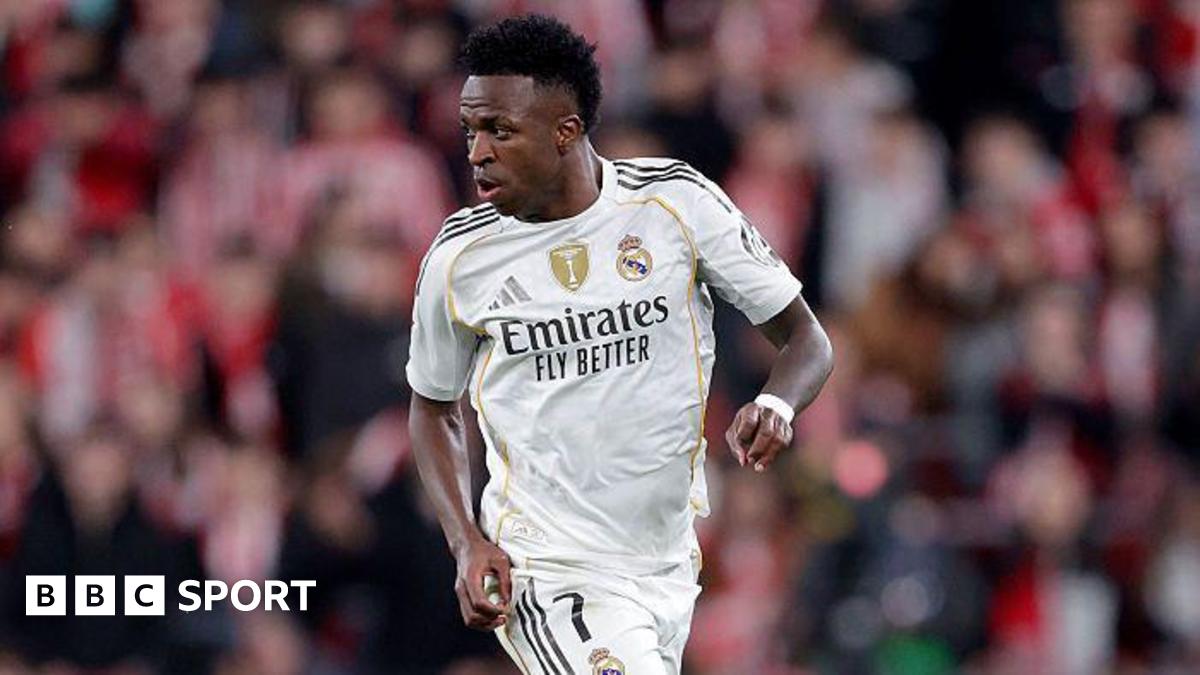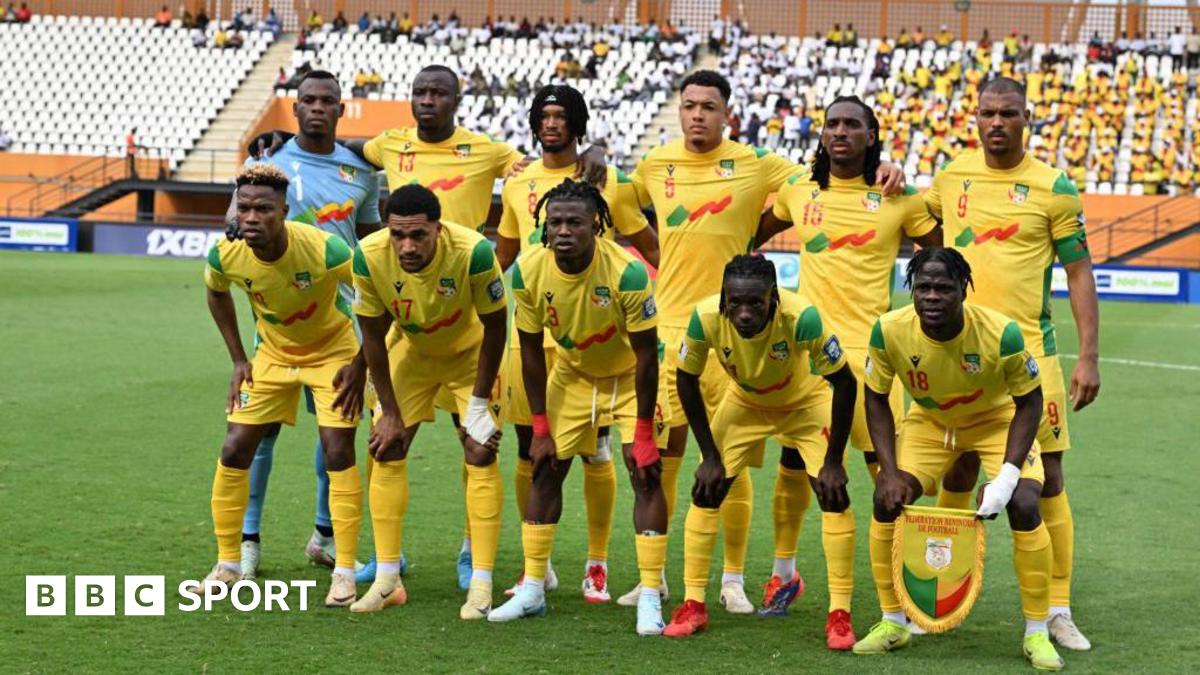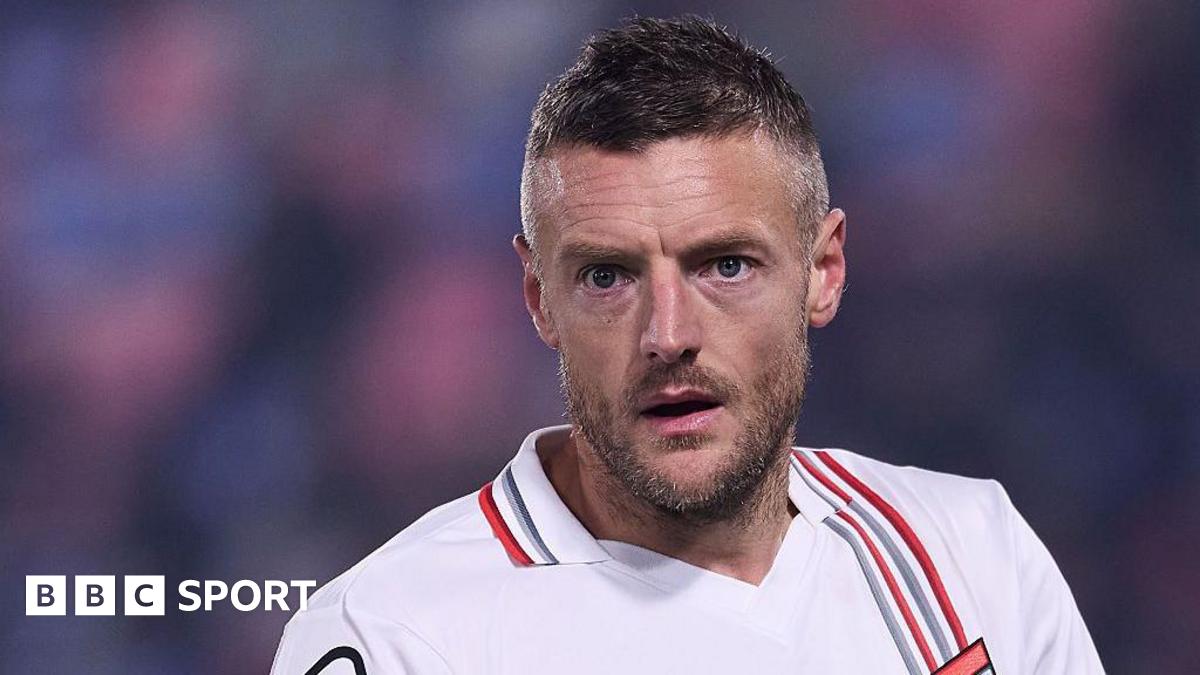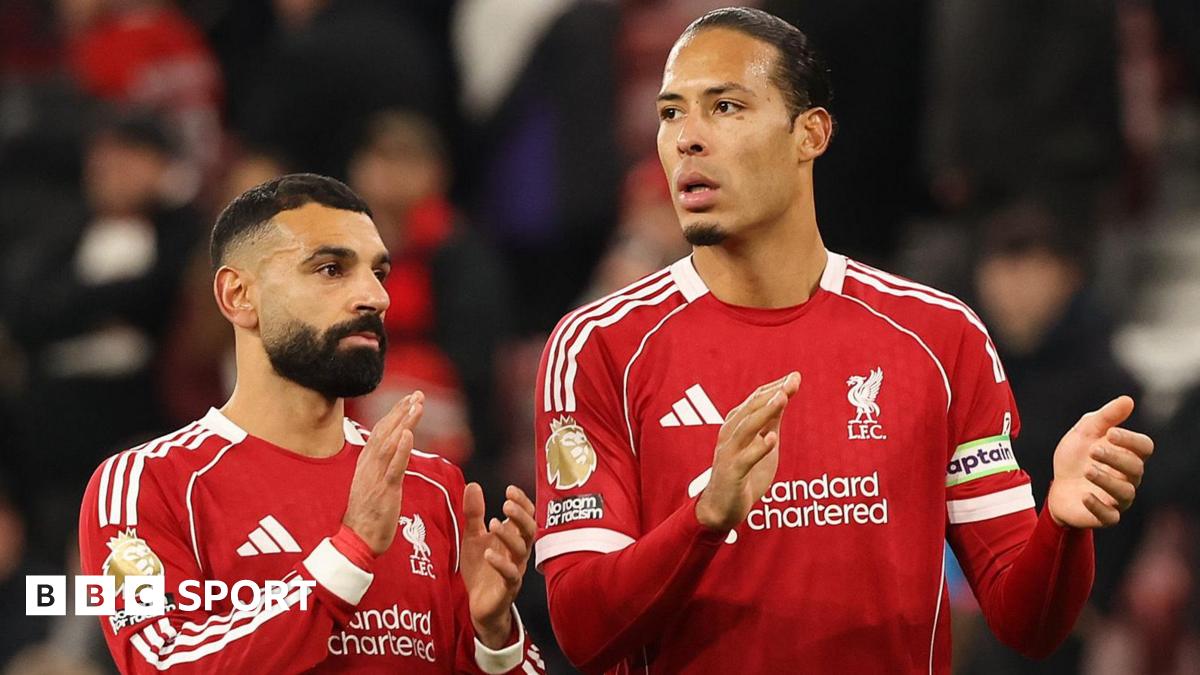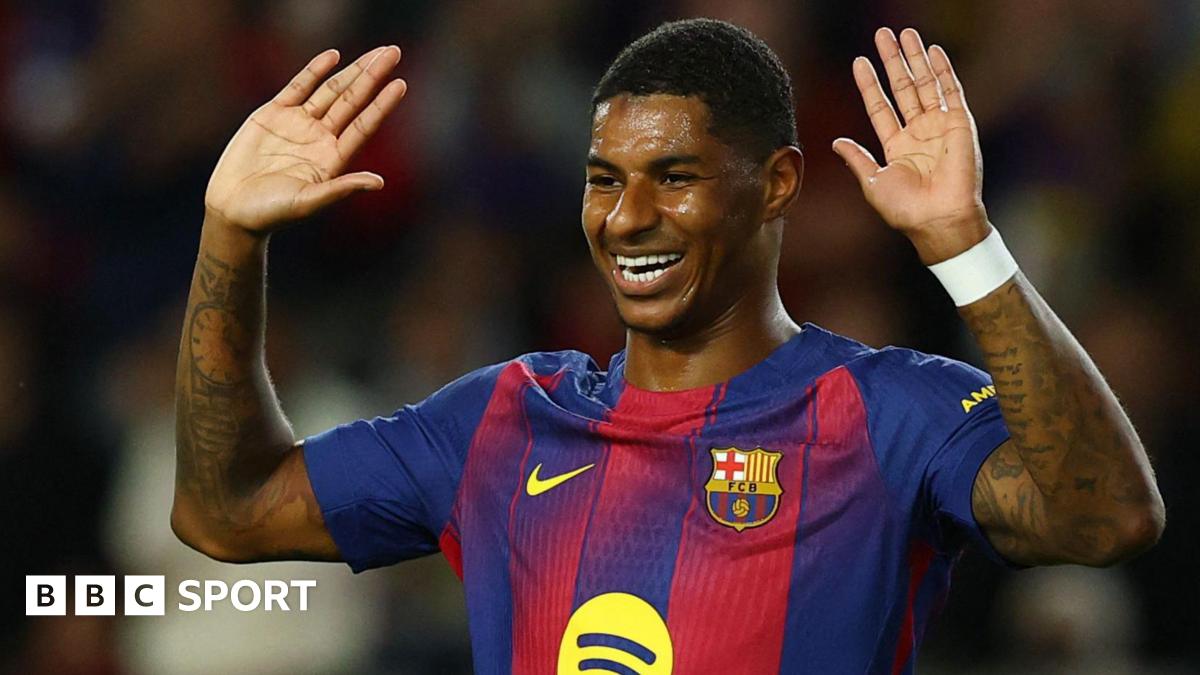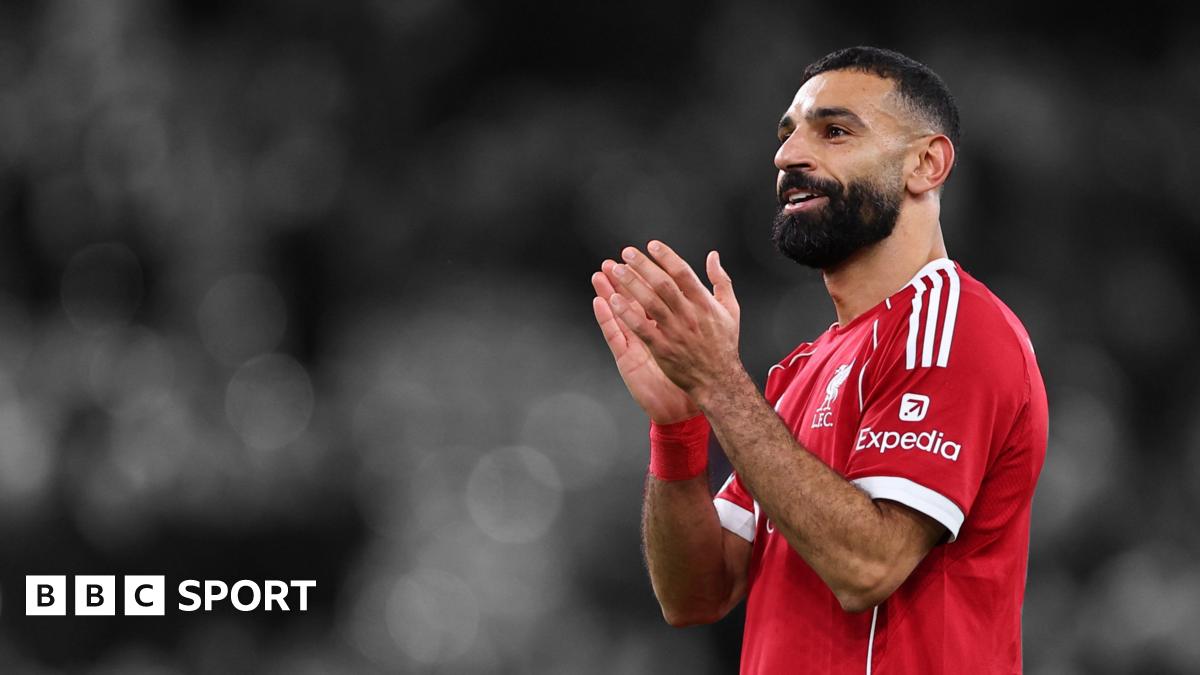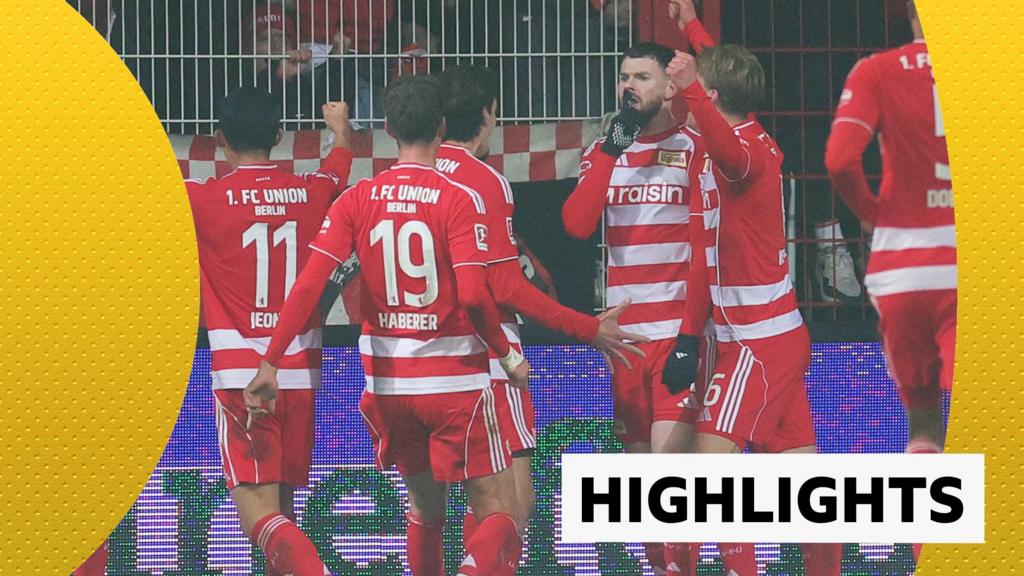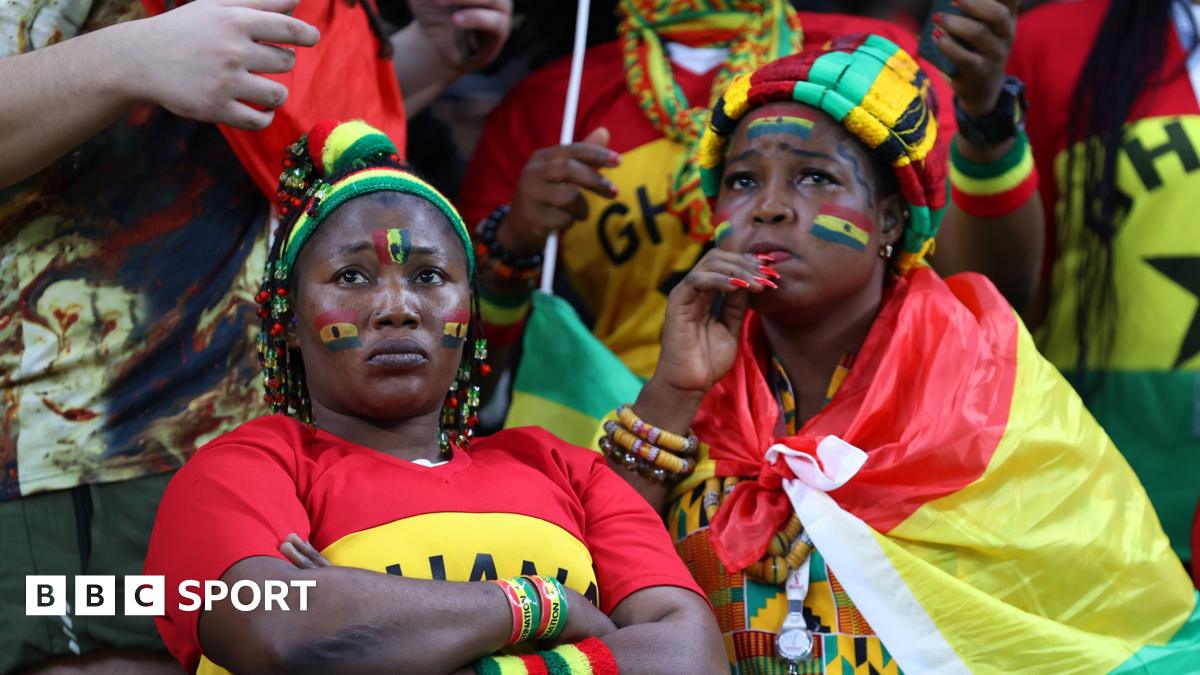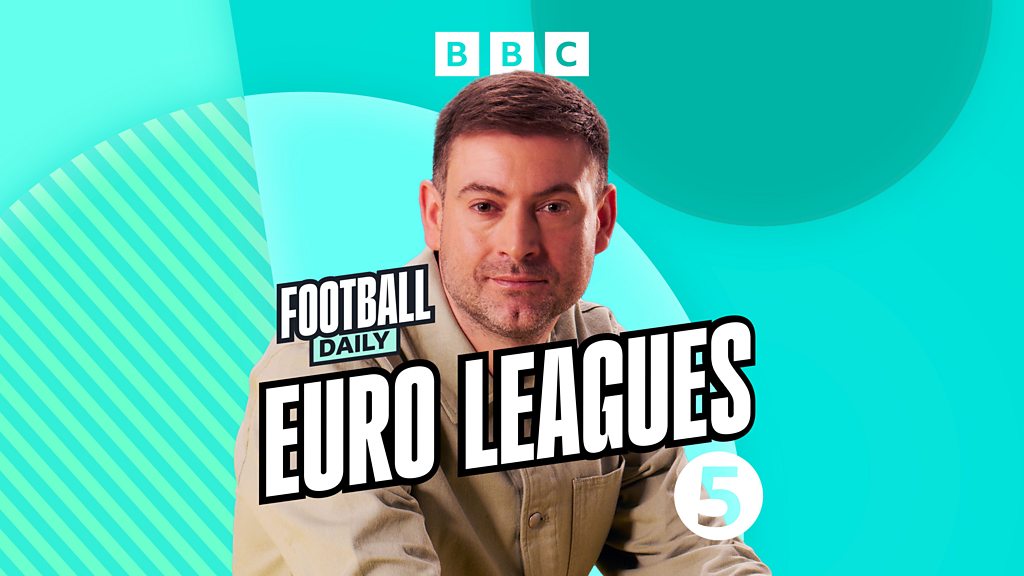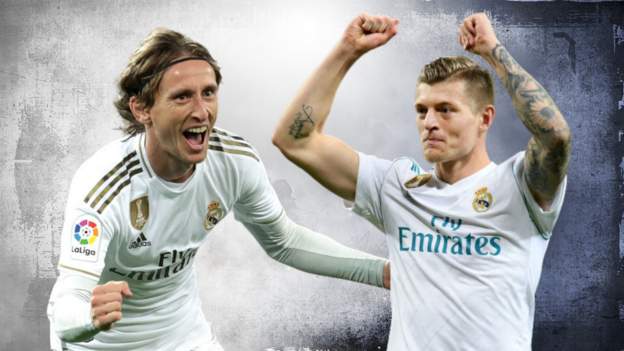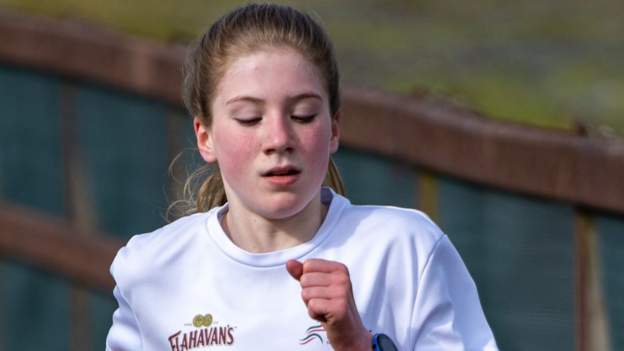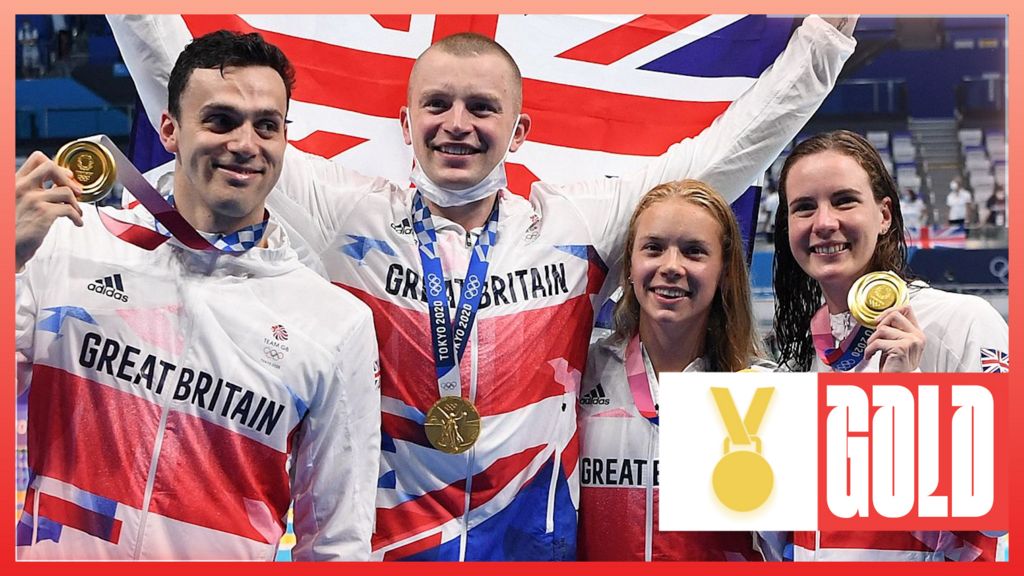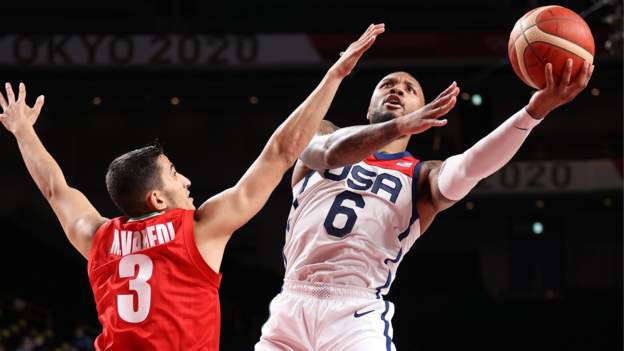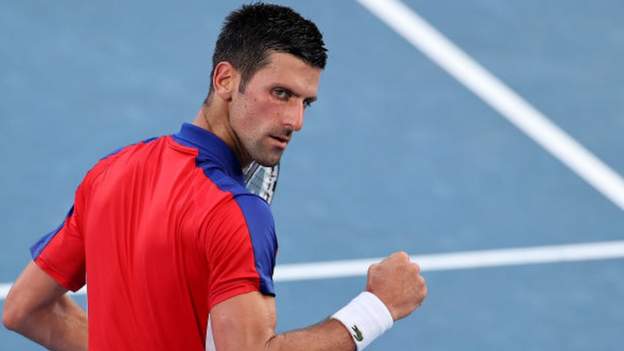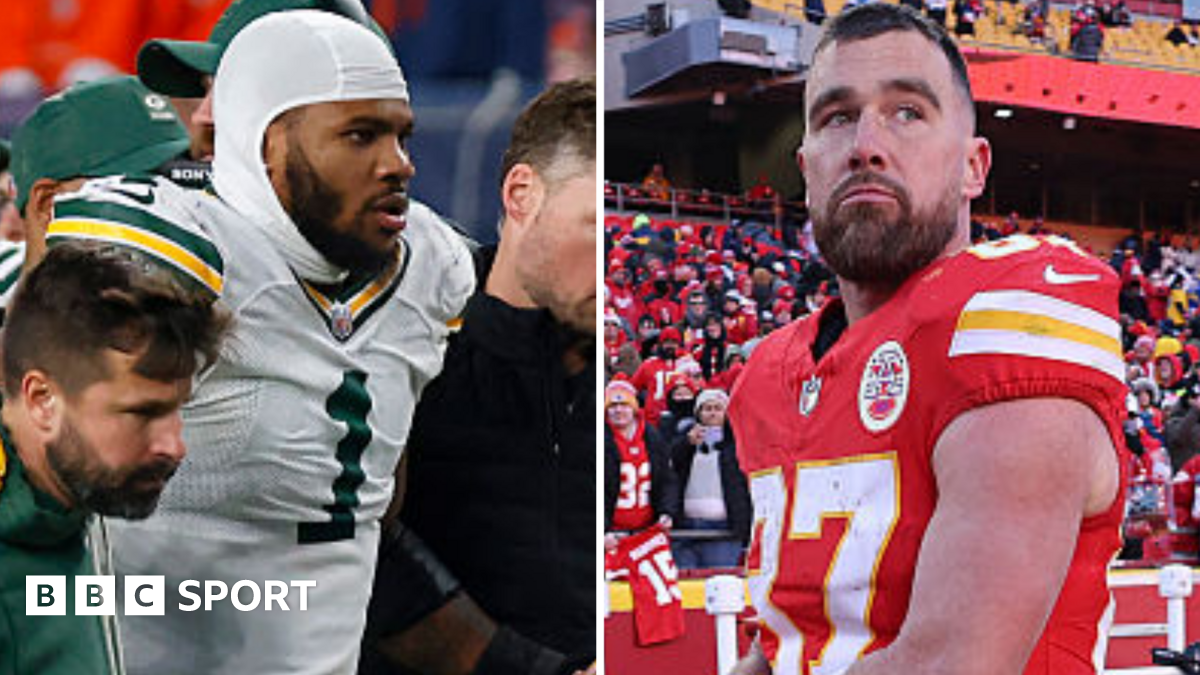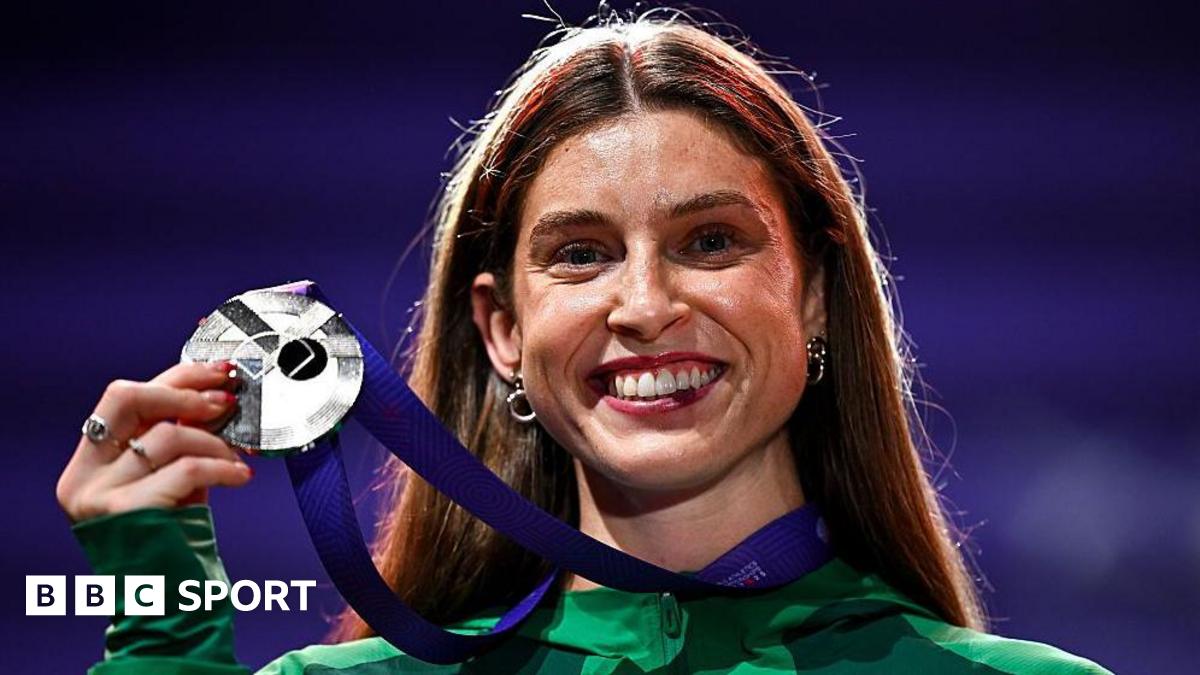This has not been a particularly impressive season for Real Madrid.
Zinedine Zidane’s men have rarely produced sparkling play, they have found precious few goalscoring alternatives to Karim Benzema, and an endless list of injuries has further hampered their efforts to deliver flowing football.
Yet, with a month of the season remaining, here they are, firmly in contention for both La Liga and the Champions League.
Heading into Tuesday’s semi-final first leg against Chelsea, BBC Sport examines how they’ve done it.
Midfield masters still supreme
By far the greatest strength of this Real Madrid team is the tried and trusted midfield of Casemiro, Toni Kroos and Luka Modric.
The timeless trio are all having fantastic seasons, and they have largely avoided the injury problems that have plagued the rest of the squad – although Kroos is carrying a thigh injury which forced him to pull out of Germany’s recent internationals and miss Real’s last three games.
Casemiro (279 appearances for Real), Kroos (317) and Modric (385) are now approaching a combined total of 1,000 appearances for the club, the majority of which have been spent alongside each other in the centre of the field.
They have survived together at such a high level for so long partly because of their individual talents, but also because their different abilities blend together to form a peerless partnership.
Casemiro’s aggressive athleticism, Kroos’ pinpoint passing and Modric’s clever creativity allow them to complement each other perfectly, with those attributes reflected in the data: in La Liga this season, Casemiro ranks second in interceptions and fourth in tackles won, Kroos leads the league in passes into the final third, and Modric ranks fourth in passes into the penalty area.
They also pose a scoring threat, with Casemiro’s aerial prowess from set-pieces together with Kroos and Modric’s ability to strike from the edge of the box providing 13 goals in all competitions this season.
Even now, nearly seven years after they first teamed up, there is still no better midfield in the world than Real’s trio.
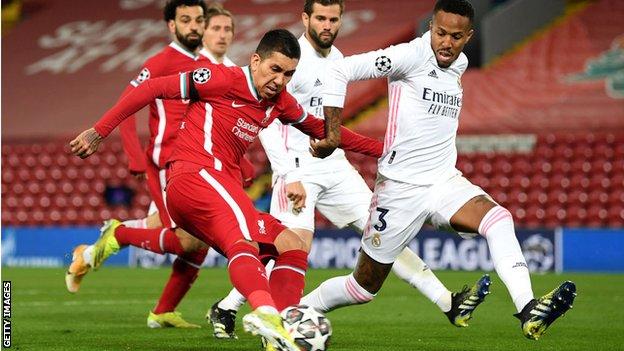
Defensive dominance despite injuries
The growing influence of the midfield trident is a key factor in ensuring a quality which marks this Real team out as different from previous versions – control.
Whereas earlier editions of Zidane’s side were often hectic and defensively dubious, relying upon Cristiano Ronaldo’s heroics to score more goals than they conceded, the current team is perfectly happy – as shown in the quarter-final second leg at Liverpool – to sit back and grind out a goalless draw when necessary.
This is now primarily a defensive team, and Saturday’s 0-0 against Real Betis means they have kept four clean sheets in a row, while they have not conceded more than one goal in a game since January.
Impressively, their recent run of nine clean sheets in 17 games has been achieved despite a series of injuries in the backline, with the first-choice quartet of Dani Carvajal, Sergio Ramos, Rafa Varane and Ferland Mendy all missing playing time.
The impact of those absences has been lessened by excellent performances from understudies – most notably, Nacho Fernandez has once again proved himself to be a valuable member of the squad with a series of commanding displays to deputise for Ramos.
Nacho – who has somehow remained a low-profile figure despite spending his entire career with Real and racking up nearly 250 appearances – is a highly versatile performer who is set to cover for Mendy at left-back against Chelsea, with Eder Militao replacing Ramos in the middle.
And then, of course, there is former Chelsea goalkeeper Thibaut Courtois, who has produced the most consistent season of his Real career and made some stunning saves to keep several of those clean sheets intact.
Unshakeable self-belief
Another element which has allowed Real to maintain their challenge for silverware is their unshakeable belief, which gives them a genuine conviction that they can recover from any setback – especially on the European stage.
This has always been a trait of the team ever since the reign of Carlo Ancelotti. In 2014, Real won their 10th continental crown after a 93rd-minute equaliser by Ramos in the Champions League final against Atletico, and their three consecutive Champions Leagues secured under Zidane between 2016 and 2018 also featured a series of improbable escapes.
This season’s group stage certainly had its hairy moments. They recovered from losing their opener against Shakhtar Donetsk by snatching a 2-2 draw at Borussia Monchengladbach with two goals in the last three minutes and then hitting a late winner to overcome Inter Milan.
Mo Salah’s glaring early miss in the quarter-final second leg at Anfield was another example of Real’s ability to ride their luck at key moments, further strengthening their belief that when it comes to crunch time on Europe’s biggest stage, they will invariably find a way to win.
All things considered, they don’t merely hope to triumph again in this season’s Champions League – they expect it.



